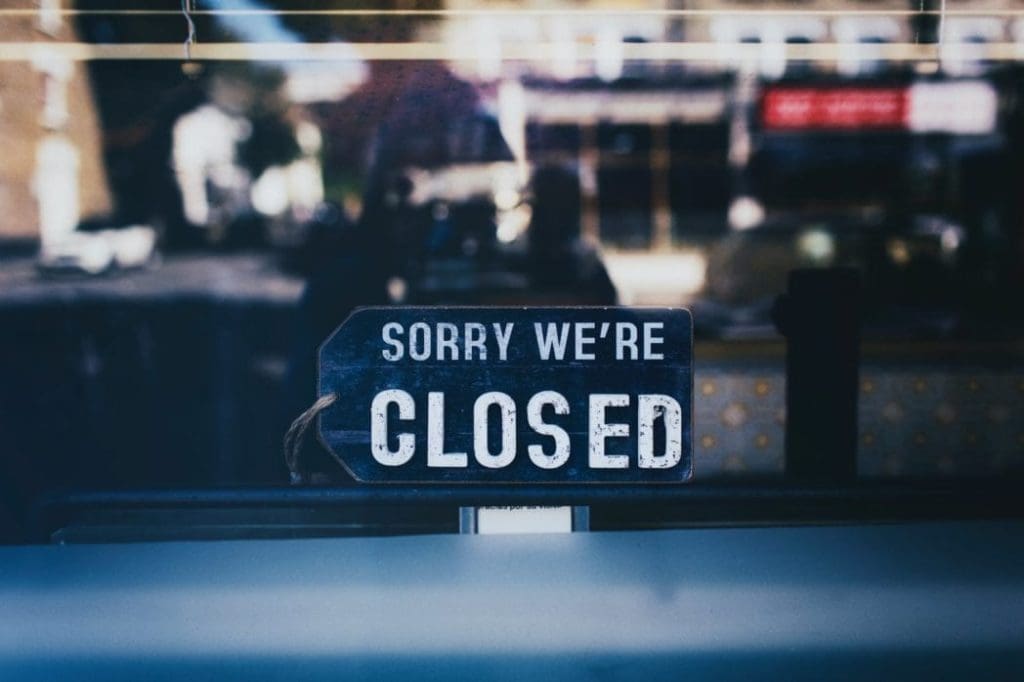The COVID-19 pandemic is raising questions not only about public health but also about how governments should be responding to these kinds of crises.

What has been particularly controversial about this episode is how state governments have tackled the matter. Several state governments have issued mandatory “stay-at-home” orders, which have restricted people’s movements and in some cases, have led to wholesale shutdowns of many small businesses and peaceful gatherings across the nation. The disruption has been so great that over 16 million Americans have already made unemployment claims.
Other countries like China —where the virus originated — have implemented full-blown lockdowns to stem the spread of the virus. Due to China’s well-established tradition of authoritarianism, it was able to implement these policies without much pushback from the populace. However, for the more liberty-minded West, the current pandemic has posed a major dilemma of trying to balance public health with individual rights
Certain figures like former Congressman Ron Paul have suggested that what Americans are going through at the moment is “self-destructive hysteria”. Paul has been one of the most vocal opponents of a potential lockdown at the national level. To the Trump administration’s credit, they have taken a measured approach to the pandemic by giving states leeway in setting up their own social distancing policies and shutdown measures. While some states like California have taken a relatively heavy-handed approach by issuing stay-at-home orders and closing all non-essential businesses, states like South Dakota have exercised restraint and have not implemented statewide shutdown orders.
Nonetheless, there are still people like New York City Mayor Bill de Blasio who are calling for the nationalization of key industries to fight this crisis.
I’m not here to debate the merits of how deadly this virus is. There’s good reason to believe that it poses a considerable public health threat. However, there is a strong degree of sensationalism coming from the media and government bureaucrats in order to justify draconian shutdown measures. Crises — real or imagined — are major catalysts of government expansion. Paul is correct in noting that there is a possibility of believing “that this virus can be dangerous while at the same time pointing out that radical steps are being taken in our society – stay-at-home orders, introduction of de facto martial law, etc. – with very little knowledge of just how deadly is this disease.”
The U.S. is a vast territory. So certain states will have population patterns, geographical features, and social conditions that differ considerably. The climate of New York (which is currently being rocked by the virus) is considerably different from South Dakota. But for central planners in Washington, D.C., this does not compute. They see the entire U.S. as a voodoo doll that needs to be poked and prodded at all seconds.
There comes a point when we have to remain calm and composed in times of crisis. Making policy decisions on impulse leads to measures that could negatively impact the lives of millions. The best policy the federal government could use is one where it issues basic guidelines and lets states craft their own public health policies.
The U.S. is a federalist system, where states act as competing laboratories of public policy. Let’s use that instead of relying on an onerous shutdown strategy coming from the top.
Further Reading
- Single Issue Survey: National Security and Foreign Policy
- Social Media Titans Kick Out Stefan Molyneux. What's Next?
- Are Unemployment Benefits the Best Way to Help Workers During Times of Economic Crisis?
- Media Consolidation: Made Possible By Disingenuous Deregulation
- Monetary Intervention is on Steroids During the COVID-19 Crisis

























